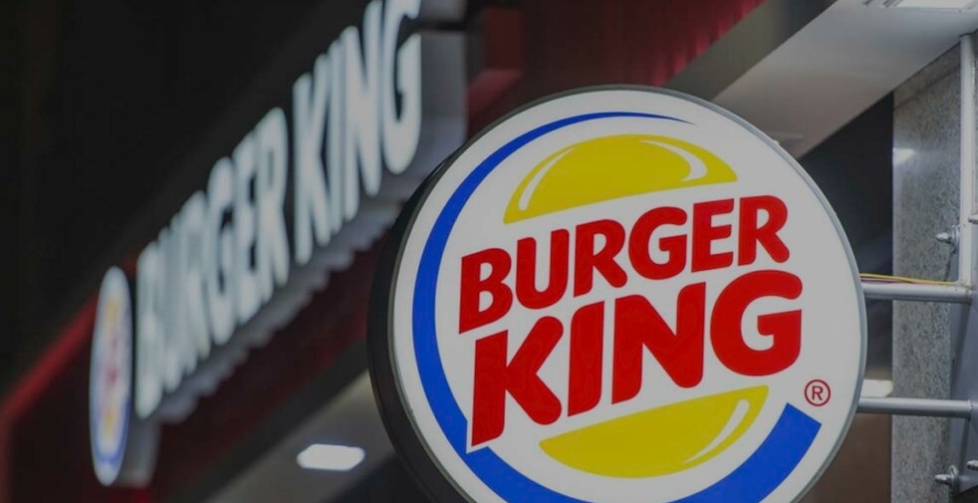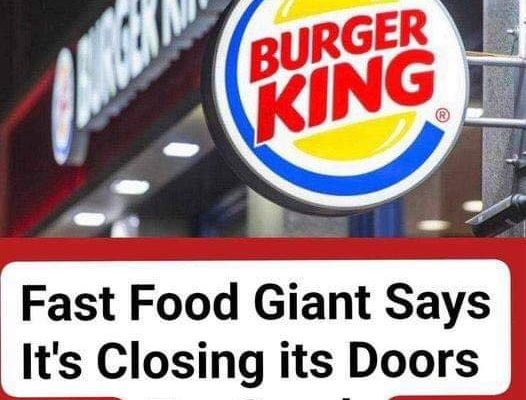Burger King, the iconic fast-food chain, has made a bold move by announcing the closure of numerous locations across the United States as part of a broader strategy to restructure and rebrand the company.
CEO Joshua Kobza has emphasized the company’s commitment to operational excellence. They aim to empower franchisees to oversee high-performing restaurants, and this involves closing around 400 underperforming outlets in the United States. It’s a strategic move aimed at optimizing their overall footprint.
This closure initiative is just one facet of Burger King’s comprehensive rebranding strategy known as “Reclaim the Flame,” backed by a substantial $400 million investment. This investment is being used for inventive advertising campaigns, simplified menus, and extensive renovations. Nearly 3,000 restaurants will undergo a makeover, incorporating advanced technology, culinary enhancements, and improvements to the customer experience. Burger King is also embracing innovations like three-lane drive-thrus and new delivery methods to stay competitive.

Despite facing challenges, including difficulties with digital infrastructure and navigating experimental menu items like the Impossible Burger, Burger King has seen an impressive 8.7% increase in comparable sales in the first quarter of 2023. These gains are attributed to streamlined menus, prudent rebranding efforts, and targeted closures of underperforming locations.
In a fiercely competitive market with giants like McDonald’s and Wendy’s, as well as newcomers like Five Guys and Shake Shack, Burger King’s strategic maneuvers are significant. They are working to recapture market share and redefine their position within the fast-food sector through identity realignment, menu refinement, and immersive dining experiences.
The closure of restaurants isn’t just about operational changes; it signifies a larger transformation encompassing brand redesign, operational efficiency, and an unwavering commitment to enhancing the customer experience. Burger King is positioning itself as an industry innovator, ready to disrupt conventions and usher in a new era marked by its rebranding campaigns, investments in modernization, and the deliberate closure of underperforming locations. This momentous change occurs at a pivotal time in the fast-food industry’s history, as consumer tastes evolve. Burger King is poised for a spectacular rebirth, setting the stage for an exciting future.



